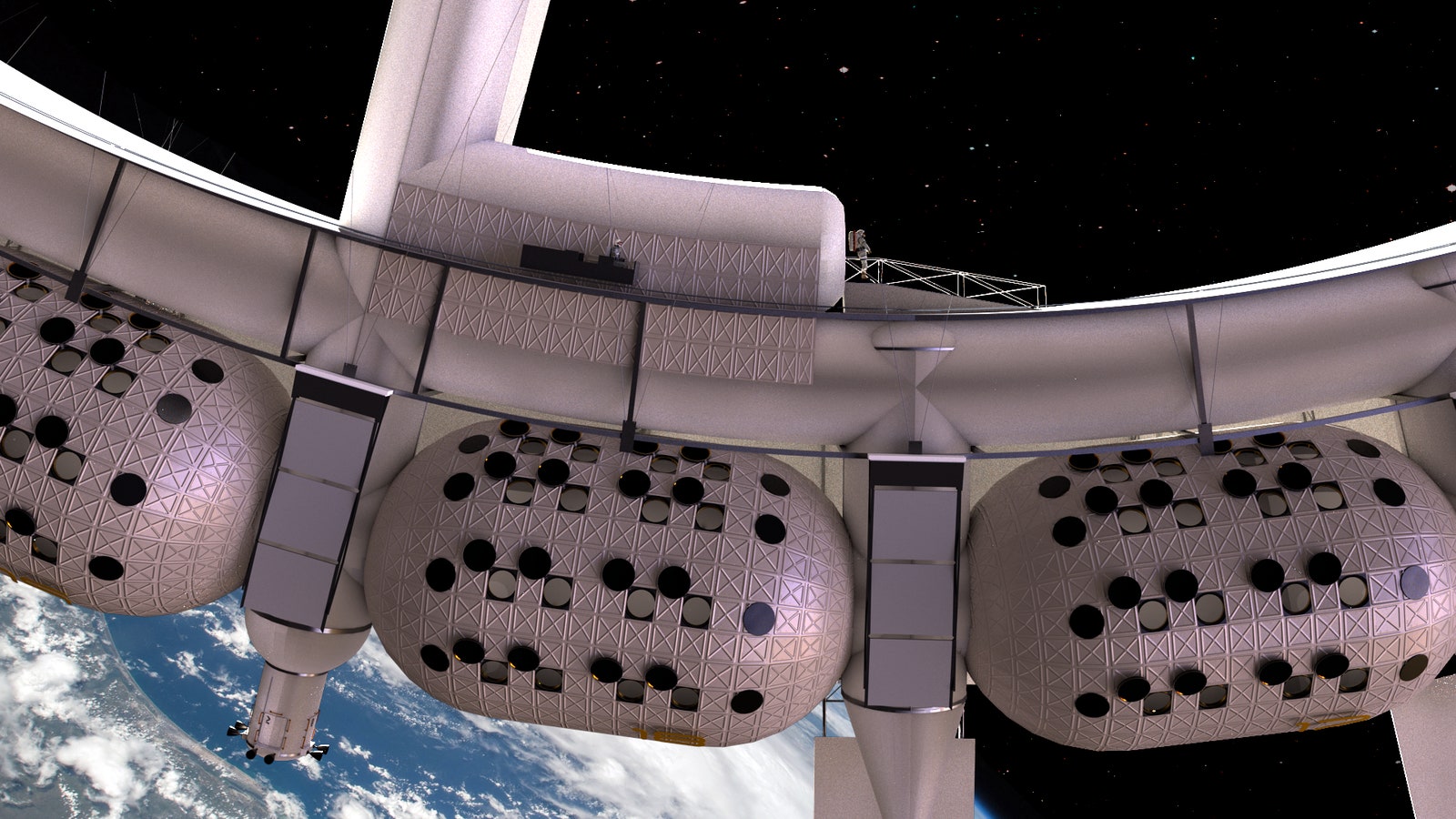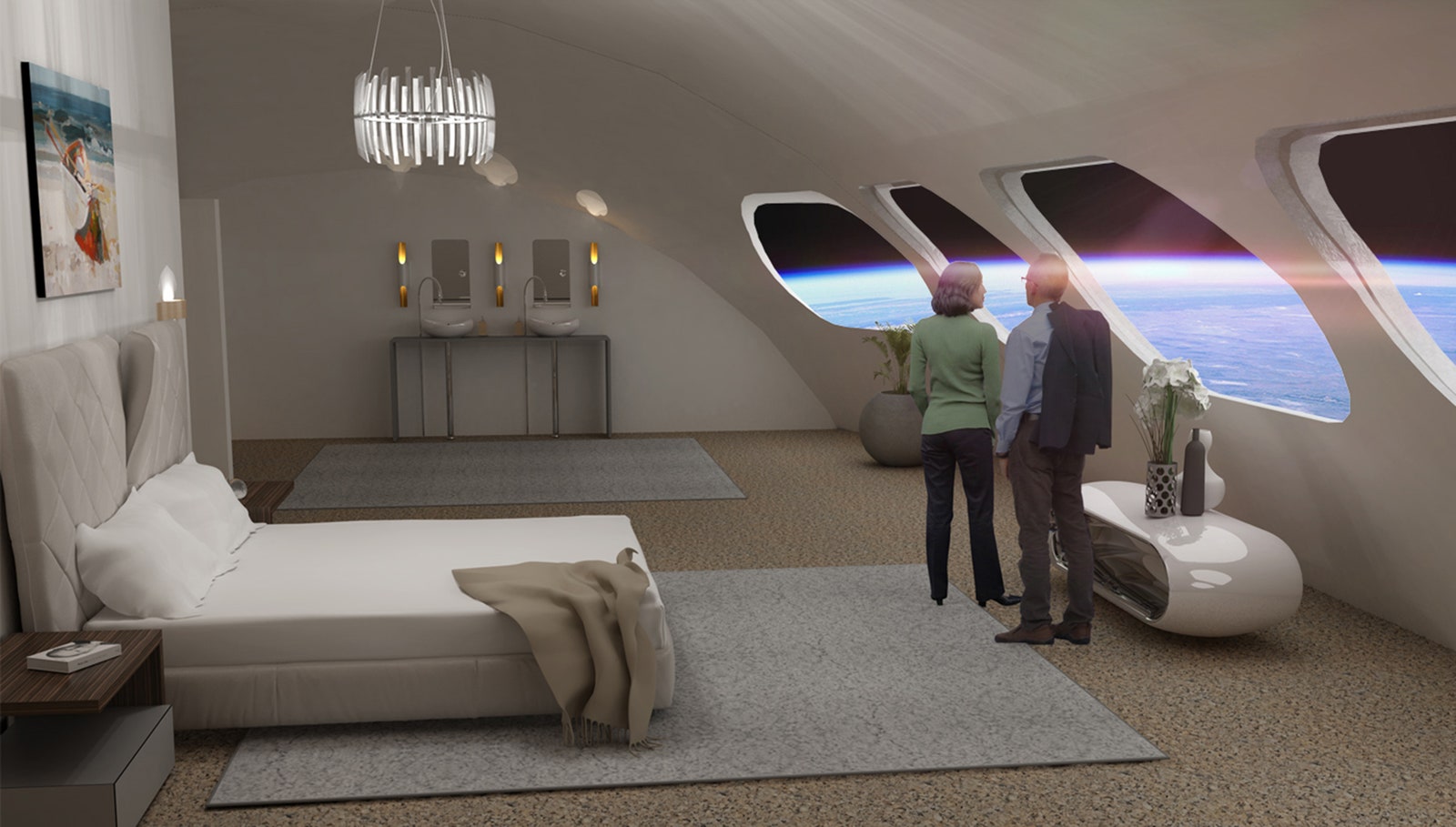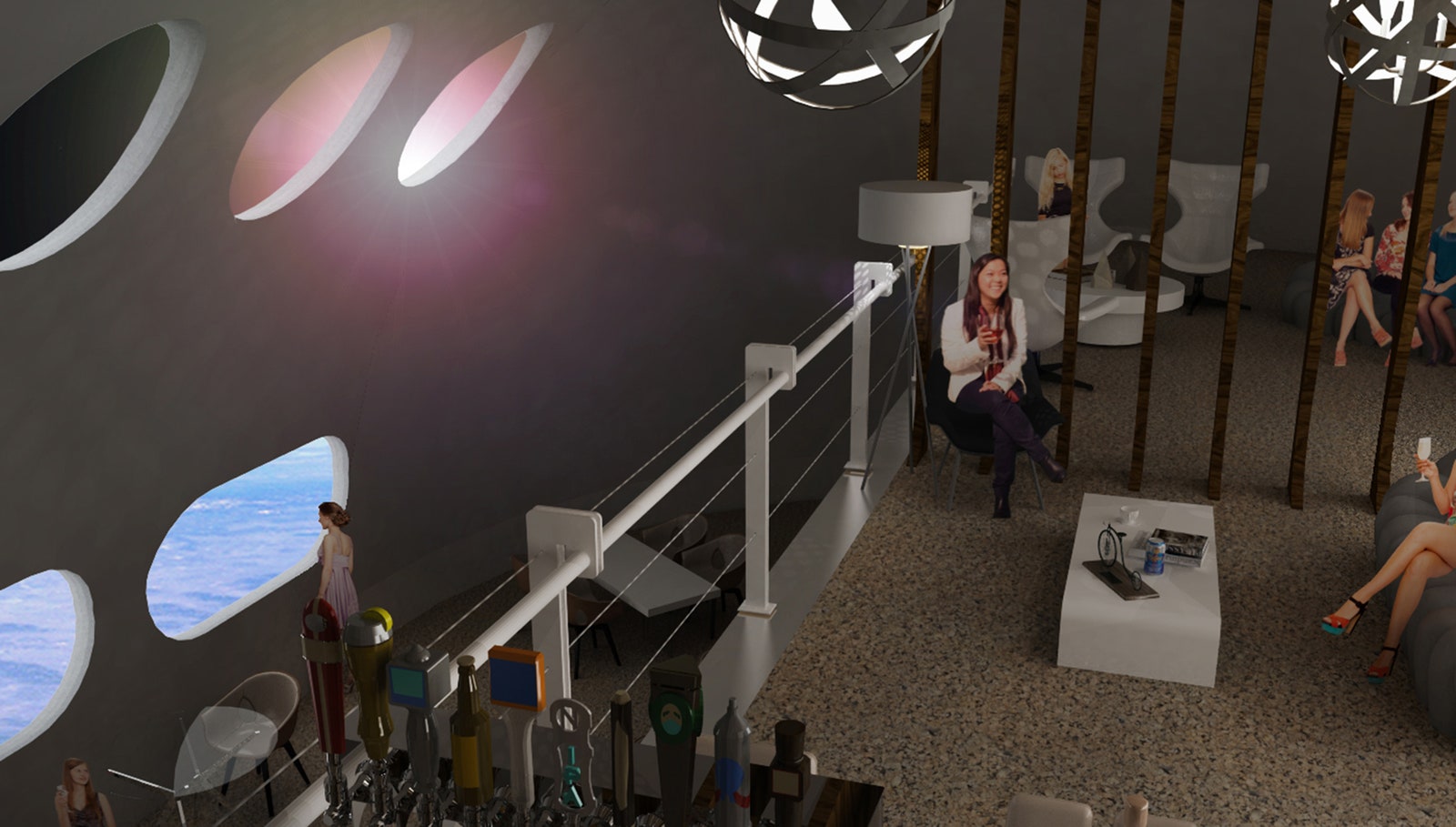News
The First Space Hotel Is Set To Open In 2027

While hotels in many countries around the world are still closed due to the ongoing coronavirus pandemic, space construction company Orbital Assembly Corporation has recently announced that its first space hotel, called Voyager Station, is set to open in 2027.
The idea for the Voyager Station dates back to 2012 and a Californian company called Gateway Foundation, which later established Orbital Assembly Corporation to realize its ambitious plan. First plans were introduced to the world in 2019, describing a futuristic rotating hotel inspired by sci-fi movies such as 2001: A Space Odyssey.

Orbital Assembly
Back then, the hotel was called Von Braun Rotating Space Station, but its name was later changed because the connection with the infamous Nazi regime aerospace engineer, Wernher Von Braun, caused unwanted controversy.
The latest design of the ambitious space hotel features 24 modules connected together by elevator shafts, offering over 11,600 square meters of habitable space for its 280 guests. The modules form a massive wheel that rotates around a central docking bay to create artificial gravity using centrifugal force.

Orbital Assembly
“The station rotates, pushing the contents of the station out to the perimeter of the station, much in the way that you can spin a bucket of water — the water pushes out into the bucket and stays in place,” explained Tim Alatorre, senior design architect at Orbital Assembly Corporation to CNN Travel.

Orbital Assembly
To keep everyone’s anxiety levels as low as possible, Voyager Station will have not only a bar, restaurant, gym, and other features expected in a luxury cruise ship but also 44 emergency return vehicles (ERVs) programmed to autonomously return back to Earth.
Also Read: Sightec Completes First Drone Delivery Without GPS
Orbital Assembly Corporation plans to position its first space hotel 500-550 kilometers above Earth’s surface in a sun-synchronous orbit, meaning it will always face the same position relative to the Sun. This is mainly to reduce thermal stress on key structural components.
Not much information on how much it will cost to book a room in the space hotel has been revealed so far, but it’s safe to assume that it will exceed the average person’s annual salary several times. Rumors suggest that a 4-day stay will set you back $5 million.
News
Rabbit Expands Hyperlocal Delivery Service In Saudi Arabia
The e-commerce startup is aiming to tap into the Kingdom’s underdeveloped e-grocery sector with a tech-first, locally rooted strategy.

Rabbit, an Egyptian-born hyperlocal e-commerce startup, is expanding into the Saudi Arabian market, setting its sights on delivering 20 million items across major cities by 2026.
The company, founded in 2021, is already operational in the Kingdom, with its regional headquarters now open in Riyadh and an established network of strategically located fulfillment centers — commonly known as “dark stores” — across the capital.
The timing is strategic: Saudi Arabia’s online grocery transactions currently sit at 1.3%, notably behind the UAE (5.3%) and the United States (4.8%). With the Kingdom’s food and grocery market estimated at $60 billion, even a modest increase in online adoption could create a multi-billion-dollar opportunity.
Rabbit also sees a clear alignment between its business goals and Saudi Arabia’s Vision 2030, which aims to boost retail sector innovation, support small and medium-sized enterprises, attract foreign investment, and develop a robust digital economy.
The company’s e-commerce model is based on speed and efficiency. Delivery of anything from groceries and snacks to cosmetics and household staples is promised in 20 minutes or less, facilitated by a tightly optimized logistics system — a crucial component in a sector where profit margins and delivery expectations are razor-thin.
Despite the challenges, Rabbit has already found its stride in Egypt. In just over three years, the app has been used by 1.4 million customers to deliver more than 40 million items. Revenue has surged, growing more than eightfold in the past two years alone.
Also Read: Top E-Commerce Websites In The Middle East In 2025
CEO and Co-Founder Ahmad Yousry commented: “We are delighted to announce Rabbit’s expansion into the Kingdom. We pride ourselves on being a hyperlocal company, bringing our bleeding-edge tech and experience to transform the grocery shopping experience for Saudi households, and delivering the best products – especially local favorites, in just 20 minutes”.
The company’s growth strategy avoids the pitfalls of over-reliance on aggressive discounting. Instead, Rabbit leans on operational efficiency, customer retention, and smart scaling. The approach is paying off, having already attracted major investment from the likes of Lorax Capital Partners, Global Ventures, Raed Ventures, and Beltone Venture Capital, alongside earlier investors such as Global Founders Capital, Goodwater Capital, and Hub71.























